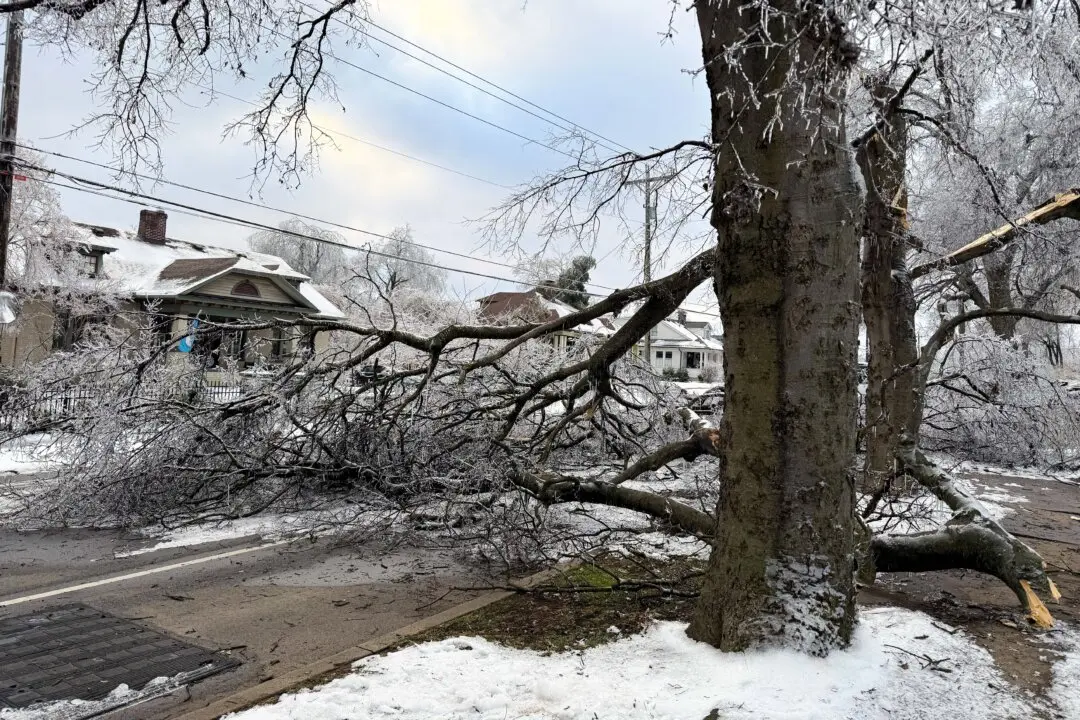The U.S. Department of Energy (DOE) announced new energy efficiency standards for room air conditioners and portable air cleaners, which are expected to reduce household energy costs and cut pollution.
In a March 23 press release, the DOE said these new standards would save American families and consumers approximately $1.5 billion annually on electricity bills and decrease harmful carbon dioxide emissions by 106 million metric tons over 30 years.





